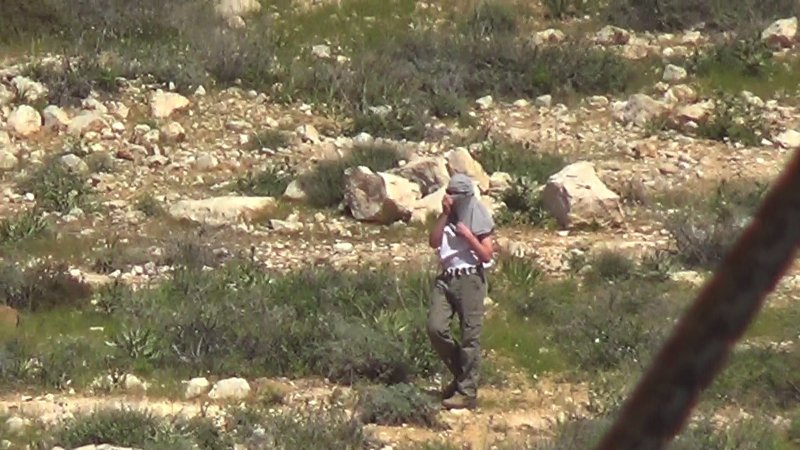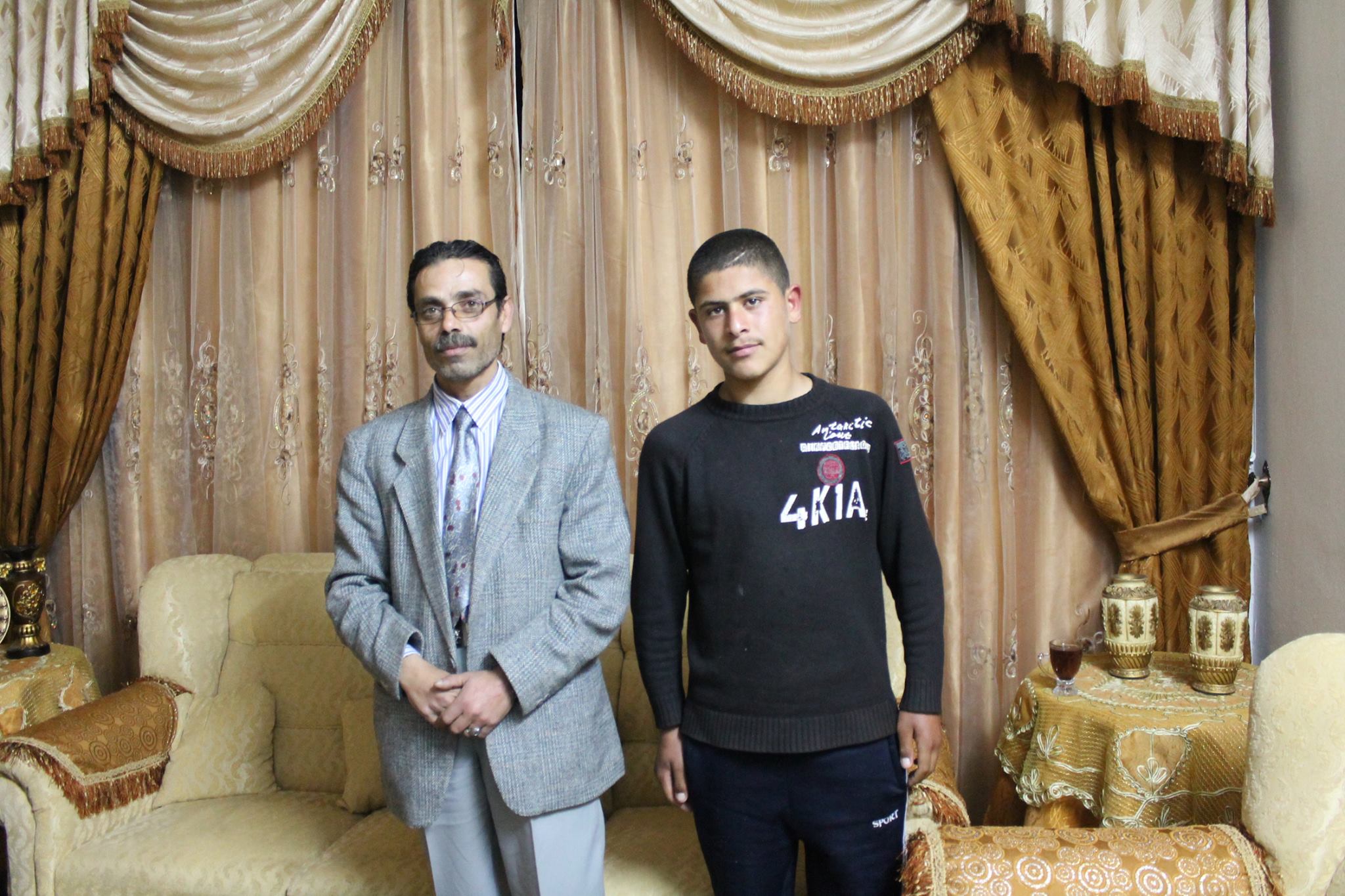-

Settlers from Havat Ma’on attacked Palestinian shepherds in two different places at the same time, in the South Hebron Hills
22nd March 2014 | International Solidarity Movement, Nablus Team | Bruqin, Occupied Palestine On March 20, four settlers from Havat Ma’on illegal outpost attacked, in two different places at the same time, two internationals and seven Palestinian shepherds while grazing flocks on their own land. The settlers were armed with a gun and slingshots. At […]
-

“Soldiers opened fire at our boat and engine. We were about to sink”
21st March 2014 | International Solidarity Movement, Rosa Schiano | Gaza, Occupied Palestine On Tuesday, 11th March, Israeli naval forces arrested two Palestinian fishermen and confiscated their fishing boat off the coast of Gaza City. The two cousins, Shabaan Abu Ryala (33) and Jihad Abu Ryala (24), both from al-Shati (“Beach”) refugee camp, went to fish at 7:00 […]
-

Israeli forces arrest and hold 13-year-old for seven hours
20th March 2014 | International Solidarity Movement, Nablus Team | Bruqin, Occupied Palestine On Tuesday 18th March, Israeli forces entered the village of Bruqin and arrested 13-year-old Abdel Hafez Mohammed, holding him for seven hours before releasing him later in the day. Abdel Hafez Mohammed Samara was working on his land, picking ‘aqoub’ (a local plant), […]
Action Alert An Nabi Saleh Apartheid Wall Arrests BDS Bethlehem Bil'in Cast Lead Demonstration Denial of Entry Ethnic Cleansing Farmers Gaza Global Actions Hebron House Demolition International law Israeli Army Jerusalem Live Ammunition Nablus Ni'lin Prisoner Ramallah Rubber-coated steel bullets Settlement Settlers Settler violence Tear-Gas Canister Video
